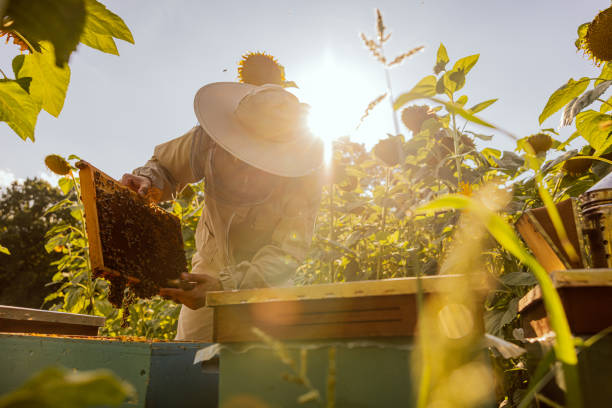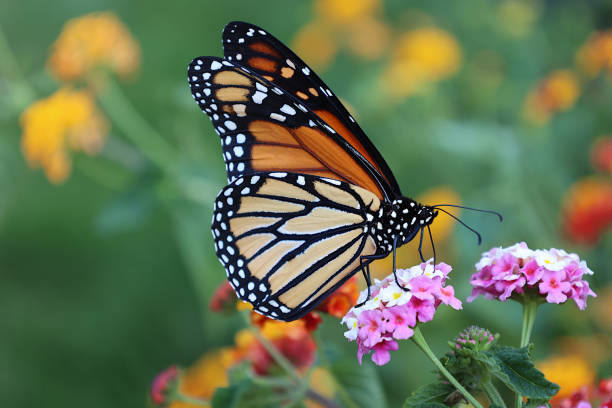"Decoding the Impact of Urban Beekeeping on Society"
Urban beekeeping is experiencing an unexpected surge in popularity worldwide, with a profound influence on societal structures, environmental balance, and urban life. With the buzz around this trend growing louder, it's time to dive deep into what drives people to engage in this practice, and how it's reshaping our societal landscapes. Read below to delve into this intriguing world.

The Emergence of Urban Beekeeping
Urban beekeeping, once a rare hobby, has transitioned into a widespread phenomenon across global cities. Historically, beekeeping was predominantly rural, with bees pollinating crops and producing honey. However, the rapid urbanization and the environmental crisis led to a decline in bee populations, sparking a movement to introduce them back into urban areas.
The Influence on Urban Life
The rise of urban beekeeping has significantly impacted city living. It has created a sense of community among urban beekeepers, fostering social bonds and shared responsibility. Simultaneously, it has introduced an element of biodiversity in concrete jungles, contributing to the local ecosystems. The fresh, locally-produced honey has also become a symbol of sustainability and self-sufficiency.
Societal Trends and Cultural Shifts
Urban beekeeping is not just a hobby; it’s a powerful statement against environmental degradation and a reflection of the growing trend toward sustainable living. It’s a movement that embraces the ethos of responsibility towards nature, and it’s becoming a part of urban culture, with rooftops and balconies transforming into buzzing apiaries.
The Significance and Implications
The societal implications of urban beekeeping extend beyond immediate environmental benefits. This trend is reshaping our relationship with nature, emphasizing coexistence over conquest. It’s a powerful counter-narrative to the concept of urban spaces as devoid of wildlife, redefining our perception of what city living can encompass.
Final Thoughts
Urban beekeeping represents a shift in societal attitudes towards nature, community living, and sustainability. It’s a testament to our collective capacity for innovation and adaptability. As bees continue to buzz in our cities, they echo a powerful message about harmony, resilience, and the potential for urban spaces to be a part of the solution to global environmental challenges.
In conclusion, urban beekeeping is more than just a trend—it’s a societal shift, a cultural statement, and a beacon of hope for environmental balance. As we continue to explore this phenomenon, we realize that sometimes, the smallest creatures can bring about the biggest changes.




